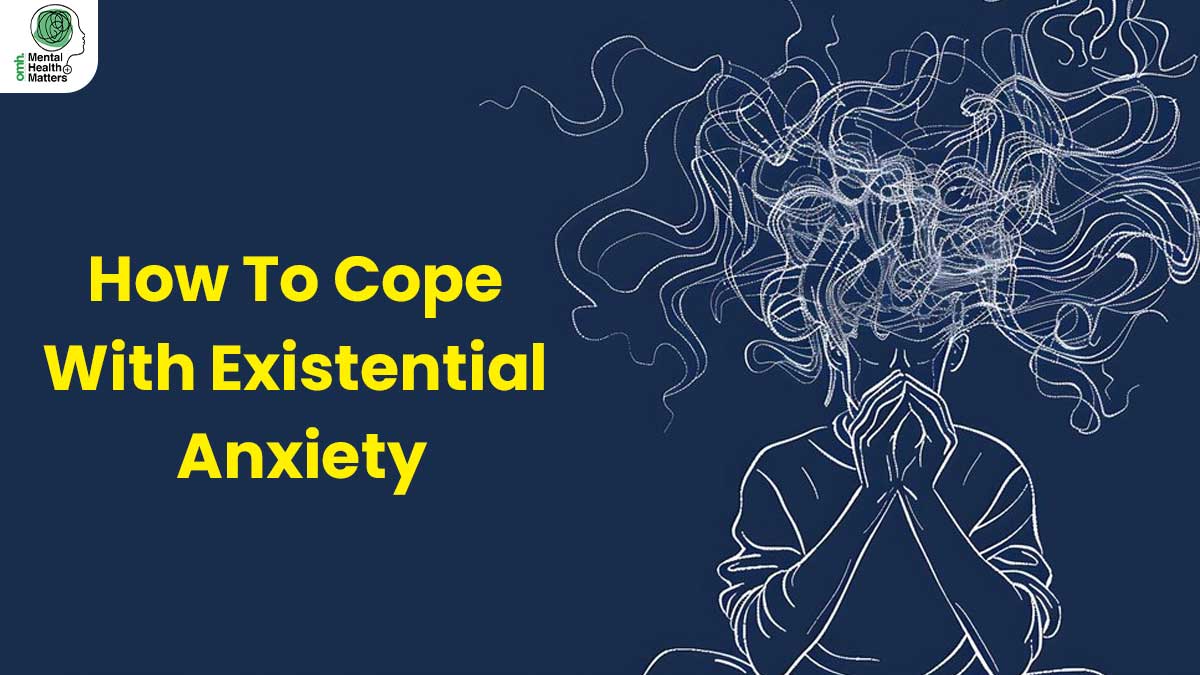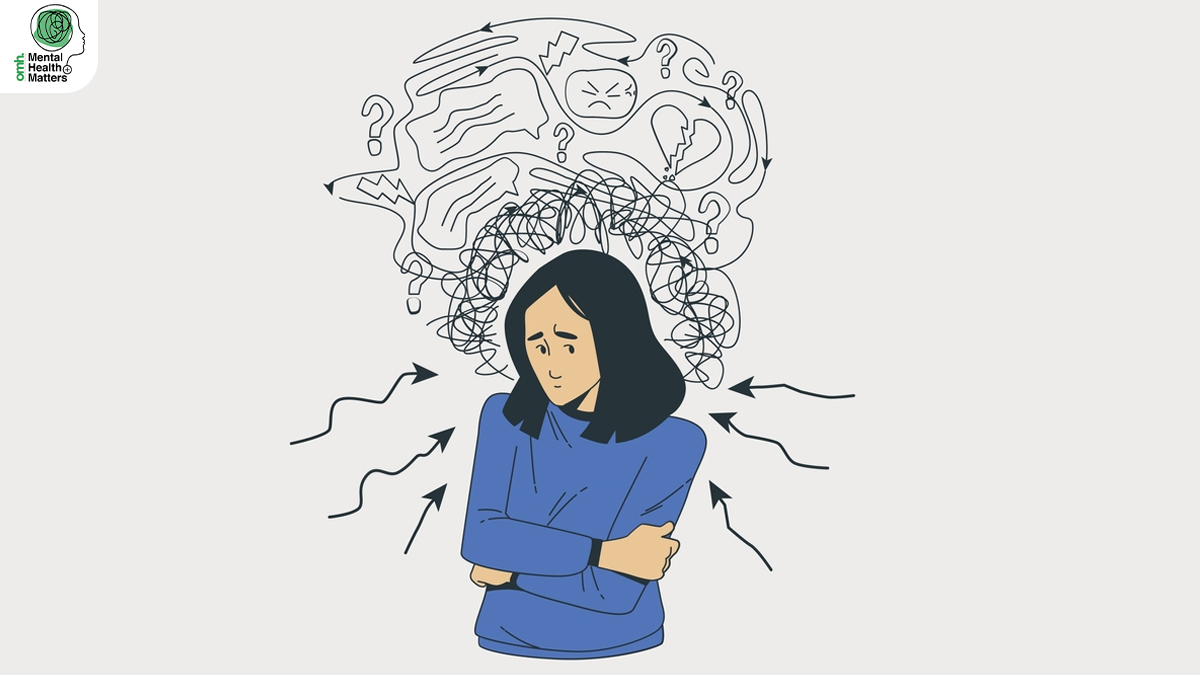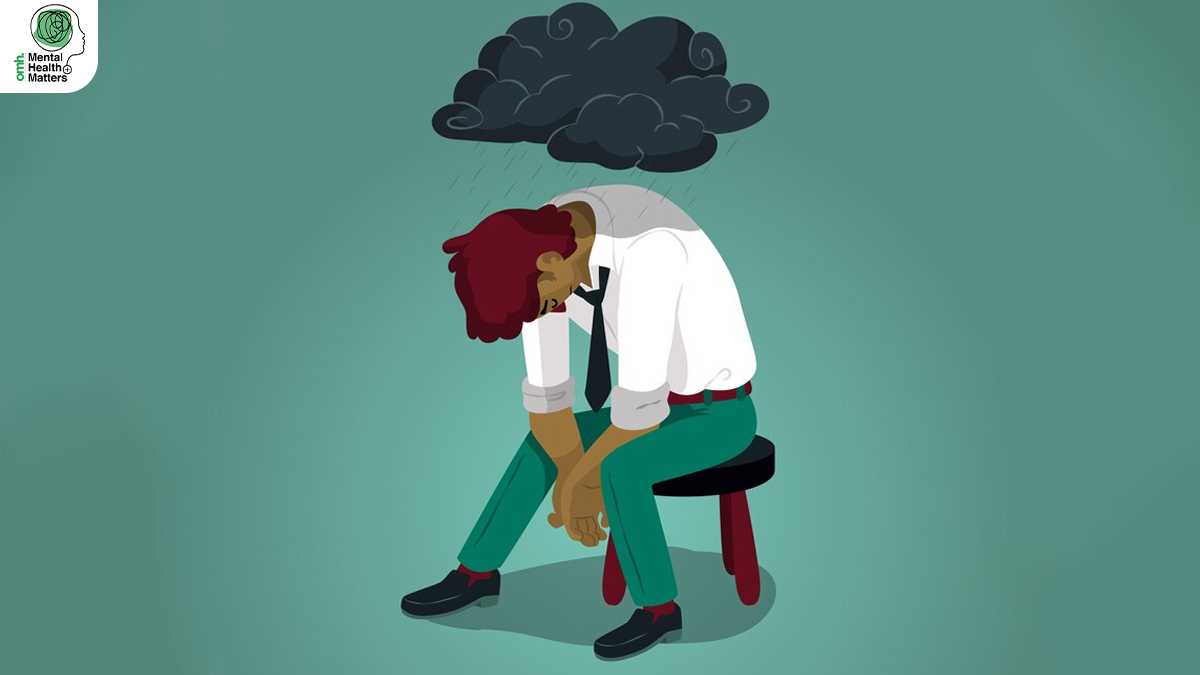
We've all had moments where life's big questions make us feel uneasy, like wondering, "What's the point of it all?" or "Am I doing the right thing?" This kind of worry, known as existential anxiety, can be unsettling, but it's a normal part of being human. While it can feel overwhelming, there are ways to manage it and find comfort. We spoke to our expert Archana Singhal, Counsellor and Family Therapist, Founder, Mindwell Counsel, who shared simple steps to help you deal with existential anxiety and find peace in your everyday life.
Table of Content:-

According to a 2024 study, existential anxiety is a feeling of distress linked to concerns about life’s ultimate purpose, death, meaninglessness, uncertainty, and deep loneliness. While it can sometimes be a temporary experience, it is also connected to ongoing and clinically significant symptoms of anxiety and depression.
A 2016 review by the American Psychological Association indicates that existential crises are a natural part of life. While they may initially seem negative, researchers believe these crises represent a significant journey that can positively influence your life and decisions.
Symptoms Of Existential Crisis
Recognising the signs of an existential crisis can help you understand and manage it more effectively. Symptoms include:

- Deep Sense of Meaninglessness: A feeling that life lacks purpose or significance.
- Intense Anxiety or Fear: Overwhelming anxiety related to existential questions about life and death.
- Uncertainty About Life Choices: Doubts and confusion about personal decisions and the direction of your life.
- Overwhelming Loneliness: A profound sense of isolation or disconnection from others.
- Depression: Persistent feelings of sadness or hopelessness.
- Existential Guilt: A sense of guilt about not meeting personal or societal expectations.
- Restlessness or Dissatisfaction: An ongoing feeling of discomfort or dissatisfaction with life.
Also Read: #AskTheExpert: Are Instagram Reels and Memes Affecting Your Mental Health?
How To Cope With Existential Anxiety?
1. Acknowledge and Embrace Your Feelings

The first step in managing existential anxiety is acknowledging that it is a natural part of the human experience. “By accepting these feelings rather than suppressing them, you can begin to understand and address the root causes of your anxiety. Recognise that it’s okay to question and feel uncertain about existence; this awareness is a crucial part of personal growth,” said Singhal.
2. Find Purpose Through Meaningful Activities
Engaging in activities that resonate with your values and passions can provide a sense of purpose and direction. Taking part in meaningful activities can help you feel grounded and provide a sense of fulfilment, whether you're doing a hobby, volunteering, or contributing to a cause you care about.
3. Practice Mindfulness and Meditation

Mindfulness and meditation are powerful tools for managing existential anxiety. By focusing on the present moment and observing your thoughts without judgement, you can reduce the intensity of anxiety. “Regular mindfulness practice can foster a sense of calm and clarity, helping you navigate existential concerns with greater ease,” added Singhal.
4. Build and Nurture Relationships
If you're struggling with existential questions, connecting with others can provide you with support and perspective. Surrounding yourself with empathetic friends, family members, or mentors can offer comfort and insights. Sharing your thoughts and feelings can also alleviate the burden of existential anxiety, making it easier to cope.
Also Read: Mental Health Matters: Expert Explains The Link Between Depression And Increased Body Weight
5. Explore Philosophical and Spiritual Perspectives
Exploring philosophical or spiritual traditions can offer new perspectives on existence and meaning. By reading works by philosophers or spiritual leaders, or engaging in discussions about existential topics, you can gain valuable insights and develop your own understanding of life's purpose.
6. Set Personal Goals and Aspirations
.jpg)
It is important to establish personal goals and work towards them as it can provide a sense of direction and accomplishment. Whether these goals are related to career, personal growth, or relationships, having something to strive for can give your life a sense of structure and purpose, mitigating existential anxiety.
7. Engage in Creative Expression
Creative activities, such as writing, art, or music can be therapeutic outlets for processing existential thoughts and emotions. Creative expression allows you to explore and articulate your inner experiences, which can be validating and cathartic.
Bottomline
Sighal concluded, “Navigating existential anxiety is a journey of self-discovery and resilience. By embracing your feelings, engaging in meaningful activities, and seeking support, you can transform uncertainty into growth. These strategies help ground you in the present and foster a deeper understanding of your purpose, ultimately providing clarity and peace amidst life’s profound questions.”
[Disclaimer: This article contains information provided by an expert and is for informational purposes only. Hence, we advise you to consult your own professional if you are dealing with any health issues to avoid complications.]
Also watch this video
How we keep this article up to date:
We work with experts and keep a close eye on the latest in health and wellness. Whenever there is a new research or helpful information, we update our articles with accurate and useful advice.
Current Version
